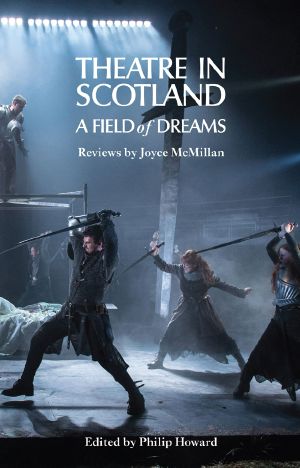Theatre in Scotland

- Authors
- McMillan, Joyce & Howard, Philip
- Publisher
- Nick Hern Books
- ISBN
- 9781848422926
- Date
- 2016-06-30T00:00:00+00:00
- Size
- 0.83 MB
- Lang
- en
Joyce McMillan has been writing about theatre in Scotland for more than three decades. As drama critic successively for The Guardian , Scotland on Sunday and The Scotsman , she has reviewed thousands of plays. During that time she has borne witness to an extraordinary cultural and political renaissance in Scotland, reflected in the newfound confidence of its playwrights, in the vibrancy of its theatre culture and in its recent outburst of new theatre companies.
Compiled by McMillan and the theatre director, Philip Howard, Theatre in Scotland is a panoramic history of modern Scottish theatre, reported from the frontline. It traces the remarkable journey of Scottish theatre towards its new self-confidence: the road to 1990, when Glasgow was European Capital of Culture; followed by the explosive expansion of the 1990s; culminating in the emergence of the National Theatre of Scotland and its drive to bring theatre culture right into the heart of the nation.
Gathered here are the leading Scottish playwrights, from John Byrne to Liz Lochhead, from David Greig to David Harrower, as well as the full breadth of English playwrights, from Shakespeare to Pinter. There are reflections on the great Scottish plays, classic – Ane Satyre of the Thrie Estaitis , Men Should Weep – and modern – Black Watch , The James Plays. There are reports not only from the urban theatre centres of Edinburgh and Glasgow but from all over Scotland; and from the feast that is the Edinburgh Festival, to the nourishing A Play, A Pie and A Pint.
A leading thinker and writer about Scotland, McMillan has an incomparable ability to detect the wider cultural resonances in Scottish theatre, and to reveal what it can tell us about Scotland as a whole. Her book serves as a portrait of a nation and a shared cultural life, where visions of ‘what we have been, what we are, and what we might become’ are played out in sharp focus on its stages.